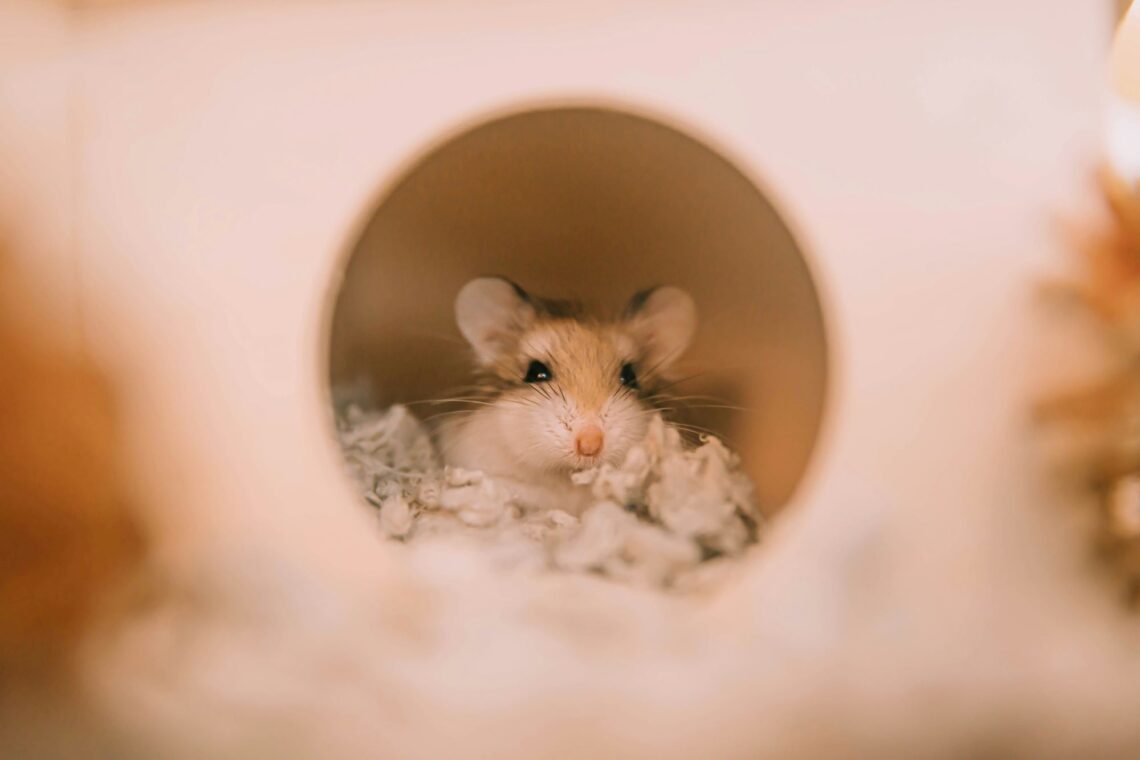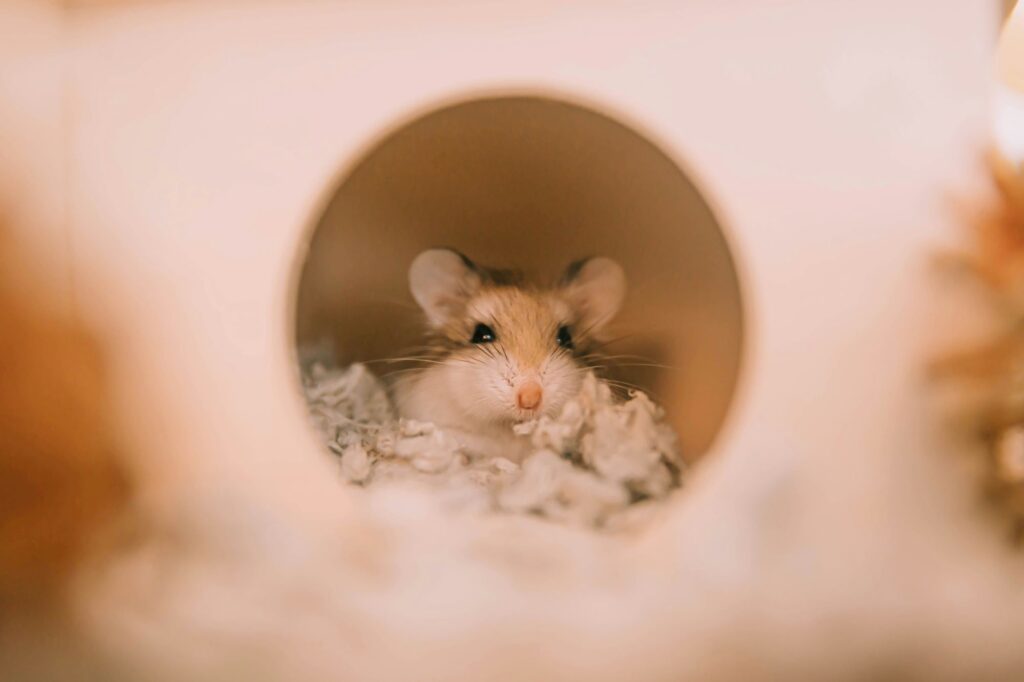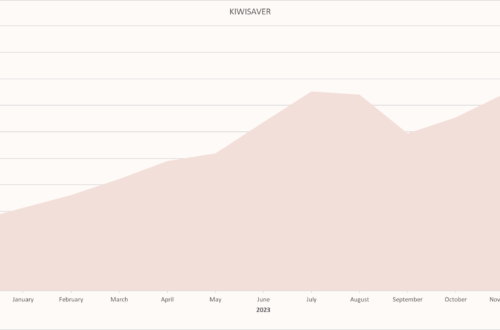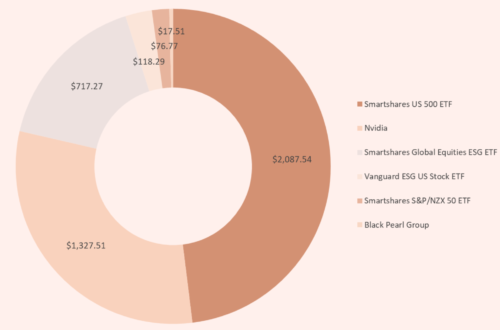
The Rights and Wrongs of Personal Finance
I thought I would address this early on BB&Co because the personal finance space is a fiery one (filled with strong opinions and firmly held beliefs)
And when you share your thoughts online, it can be seen as suggesting that what you are doing is the only way or the right way to do something. And that anyone doing anything differently is doing it the wrong way.
But there is a reason personal finance is called ‘personal’ finance. A good one. It is deeply personal.
And deeply rooted in psychology: how you were socialised, the money stories you learned growing up, your early money experiences, even the demographic you were born into (sadly)…. Many things completely outside of your control.
So I want to state now: I am not telling you my way is the right way.
And I am not telling you that your way is the wrong way!
Or even that there is a right way and a wrong way to do money.
Because there is no right or wrong to personal finance.
(there is no right and wrong to money full stop. Not in the practical sense and definitely not in the moral sense)
There is no right way to save, nor a right way to spend. And there is definitely no wrong way to invest. It is all personal choice and what works best for your personal money situation and goals.
Naturally when you open up to complete strangers and air your dirty little spending secrets and money habits online, you inevitably also open yourself up to comment, judgement and criticism.
And that’s ok. That’s what I implicitly signed up for when I started this blog.
As long as you know I am not commenting, judging or criticising what you do with your money.
I am simply sharing my own personal money journey, and the thoughts (random and otherwise) I have along the way. Mostly as a way to reinforce what I am learning and to hold myself accountable to the changes I am trying to make.
(Of course, should anything I say resonate with you or inspire you, then that will be the cream cheese frosting on the carrot cake 😊)
Some of the things I say and do you will strongly disagree with. And that’s ok.
Some of the things I say and do might make you pause or question your own money habits or beliefs. And that’s ok too.
Some of the things I say or do might spark a conversation with your partner or a friend. That’s better than ok.
Some of the things I say or do might just give you a laugh! Not exactly what I am aiming for… but it is definitely a possibility.
*I am not claiming to be an expert, the opposite in fact. I am a proud money novice sharing her journey to financial independence.
Speaking of which…
Financial Independence
What is this financial independence I keep talking about?
It all started in the US, but in recent years this movement called ‘FIRE” or ‘Financial Independence Retire Early’ has been spreading throughout the world.
The idea those in the FIRE space have been sharing is that we have all been sold a lie (and I don’t mean in the conspiratorial, the government is out to get us kind of way… or maybe I do… ) but a, honest to goodness lie.
We have been told that buying things makes us happy: the university education, the designer handbag, the latest iPhone, the nice house, the Italian marble kitchen tops, the swanky en suite, the fancy car, the bach in the Coromandel, the list goes on.
We strive to acquire things in the hope of finding happiness in them.
And in trying to afford all of these things we enter what they call the ‘hamster wheel’…. and we never stop running!

We get the well paying jobs that afford us the huge mortgage, the credit cards that enable us to buy the designer handbags, the buy-now-pay-later that allows us to purchase the latest fashion staples, the car loans to buy that Tesla, the hire purchase plans that enable us to get the latest iPhone… and then we can’t leave our well paying job, even when we have kids, or get sick, or we just start to hate it/our job. We can’t leave because we now have this expensive lifestyle we have to keep paying for/to maintain.
But what if the premis this was all built on was wrong? What if we have it all wrong?
What if it’s not the things that we buy that make us happy? What if happiness is far simpler than that?
What if happiness is time with loved ones? Moments and memories we have forever instead of gadgets that need to be replaced in a year.
What if happiness is found in the human touch, or a sunset and good conversation.
What if happiness is the smile you get from your partner or your children as you get home from work early enough to enjoy dinner with them. Or better still, don’t have to work at all!
If happiness is found in simple pleasures… then we don’t need as much money.
If happiness is found in simple pleasures we can save and buy back our time instead of spending.
Some of the FIRE movement have ‘retired’ as early as in their early 30s.
Through frugal living and clever investing they have bought themselves the best years of their lives. They have bought themselves the ability to quit the jobs they hate. They have bought themselves the freedom to be able to take holiday whenever they want or need to – without the permission of an employer. They have bought themselves the freedom to spend their time/days as they please.
Which isn’t vegging in front of a television or twiddling their thumbs. It’s time that they are able to spend contributing to their communities, working on passion projects or hobbies, volunteering, spending quality time with their children, travelling the world or learning new skills.
And it hasn’t been achieved by cutting out everything they love. Frugal living isn’t a life of deprivation. It hasn’t meant no holidays, or missing out on dinners with friends, or never buying a bottle of wine for Friday night, or stopping the Pilates classes.
It’s been achieved by cutting expenses without depriving themselves of the things they love, just spending mindfully instead of mindlessly like most of us do.
Its been achieved by finding clever ways to reduce living costs (such as house hacking and geo-arbitrage) , it’s been achieved by increasing their income in a myriad of ways (upskilling, side hustles, second jobs, starting businesses).
And most importantly it’s been achieved by investing the gap – so that their money works for them.
And that looks different for everyone in the FIRE community. For some (in the US) it has been real estate. But for the majority it is shares in the form of low cost, broad based index funds.
Honestly, they have made FIRE look so easy, I wonder why everyone isn’t doing it….
But I think we’re not taught to believe it is possible.
We’re taught that we start work and we don’t stop until we hit 65.
That however much we earn and buy, we always need more to be happy.
We have been taught a lie.

What does this mean for me?
Obviously it is too late for me to retire in my 30s.. or even my 40s come to that.
But it is possible for me to retire before the standard age of 65.
Financial independence for me means being mortgage free by 50 and retiring at 52 (a year before my Mum did)
It means retiring at an age where I will be young and hopefully healthy enough to travel the world that until recently I was too afraid to see (I have a phobia of flying that has somewhat held me back… don’t ask how I got to NZ from England!)
In the meantime it means creating some financial comfort so that I can afford to go home more than once every 10 years (actually I am aiming for every 2 years).
It means increasing my income to a point where I can invest $1500 a month… and go grocery shopping without worrying whether I can afford what’s in my trolley.
It means creating a business that will give me options and enable me to live a life closer to the one I want before I retire – with the freedom to work from home (or anywhere), the ability to take more than 4 weeks off a year, the option to work 4 days a week instead of 5 if I choose.
It means investing and growing my wealth to a point that will give me a comfortable simple life.
I know that happiness for me is walking my dog, starting my day with yoga, lunches with friends, a hug from my Mum & Dad, exploring this beautiful world we live in, and coming home to my cosy little cottage.
Oh and obviously the occasional slice of carrot cake!
So that’s what I am working towards. Creating a life where I can escape the hamster wheel and enjoy all those things.
That might sound horrible to you! In which case I encourage you to ask yourself what truly makes you happy. Not short term happiness but long term joy and fulfilment. When you look back on the happiest moments of your life so far what were they? (I can guarantee it won’t be holding a new phone, or buying a pair of heels… )
If you could spend your day doing anything, what would it be? Chances are the answer to that question are what really make you happy. Once you know what that is, ask yourself what is stopping you from living that life, chances are the answer (or one of them) is money.
So then the question becomes, what are you willing to do or give up in the short term, to live that life of joy and fulfilment and happiness in the long term?
Long lasting happiness is not bought with material objects, but created with connection – to people and the world.
Morgen Housel the author of ‘The Psychology of Money’ (one of the best books I have read) recently wrote on this post on the Collabfund blog:
“Everyone can spend money in a way that will make them happier, but there is no universal formula on how to do it. The nice stuff that makes me happy might seem crazy to you, and vice versa. Like many things in finance, debates over what kind of lifestyle you should live are often just people with different personalities talking over each other.”
I don’t want to talk over anyone. I want to celebrate everyone’s different ideas of happiness 😊
Amy
XO$
* Also, I am not a financial advisor and I am definitely not offering advice.




